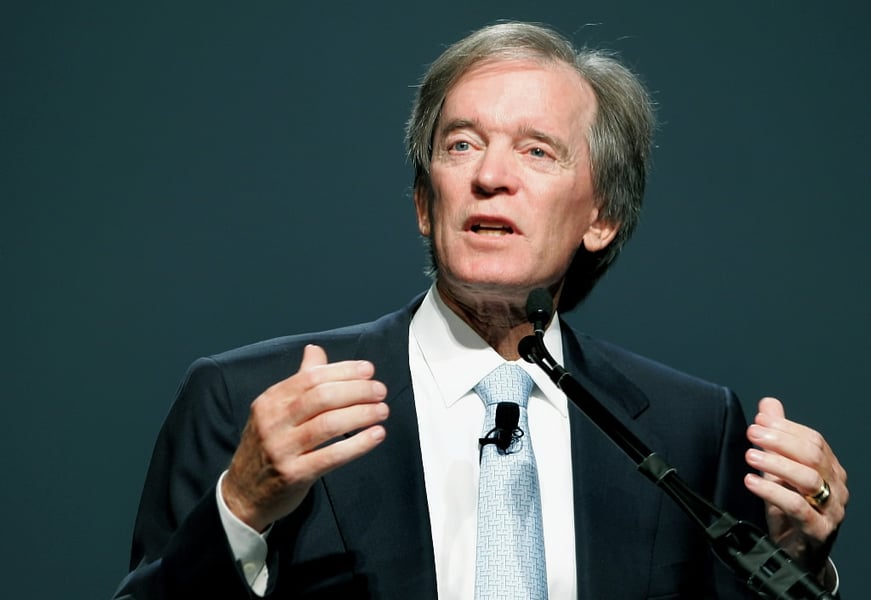While investors have been pulling out of actively managed equity funds for years, the same can't be said for their passive managed counterparts
Bond guru Bill Gross made waves last week when he predicted the demise of “the cult of equity,” but while investors have been pulling out of actively managed equity funds for years, the same can't be said for their passive counterparts.
“The cult of equity is dying,” Mr. Gross wrote last week in his August Investment Outlook. “Like a once-bright green Aspen turning to subtle shades of yellow, then red, in the Colorado fall, investors' impressions of 'stocks for the long run' or any run have mellowed as well.”
Try telling that to investors of exchange-traded funds that invest in stocks.
Investors poured nearly $7.5 billion into U.S. large-cap-equity ETFs in July, according to Morningstar Inc. The research firm won't have flow numbers for actively managed mutual funds till next week; however, the Investment Company Institute last week reported that in the month ended July 25, U.S. equity mutual funds suffered withdrawals of more than $6.6 billion.
It follows a trend that's been going on for the last half a decade.
In the last five years, more than $500 billion in assets have been pulled out of U.S. equity mutual funds, while more than $219 billion has gone into low-cost, passive U.S. large-cap ETFs, according to ConvergEx Group.
In part, that's because active managers haven't given investors much reason to believe in the “cult of equity” over the last half decade.
Only 36% of actively managed U.S. large-cap mutual fund managers have outperformed the S&P 500 over the previous five years, according to Morningstar. The past three years have been even worse, as less than 17% of actively managed funds outperformed.
That poor relative performance has spelled doom for mutual fund firms such as American Funds and Janus Capital Group Inc. that rose to prominence thanks to their stock-picking ability and helped turn The Vanguard Group Inc. into the largest mutual fund manger in the world.







